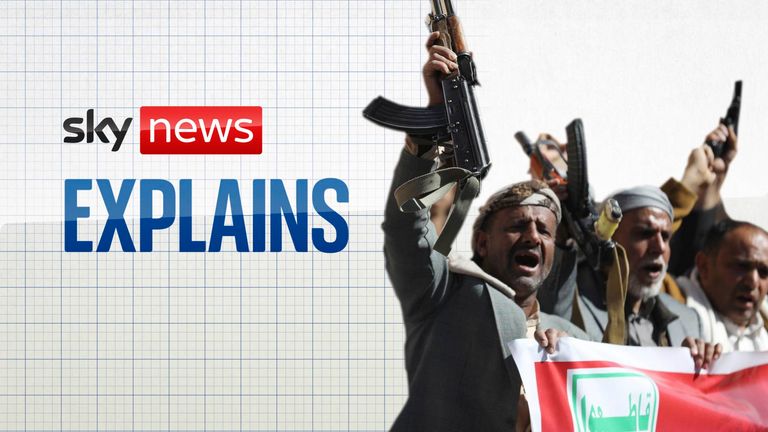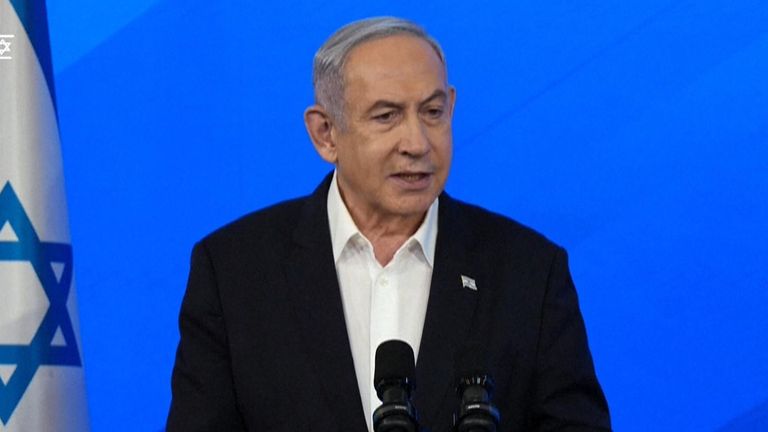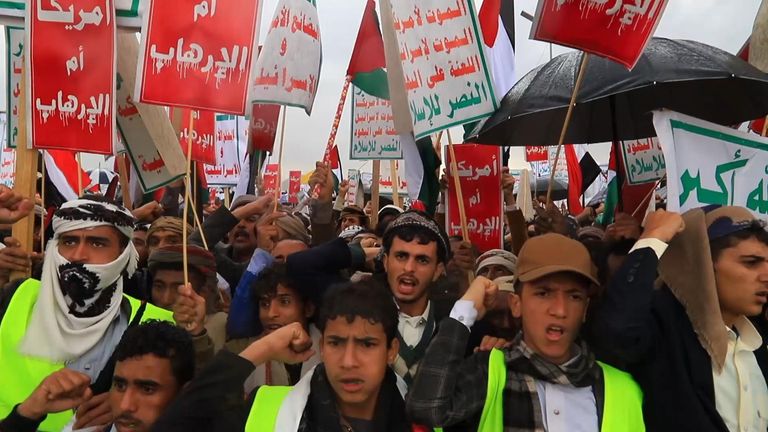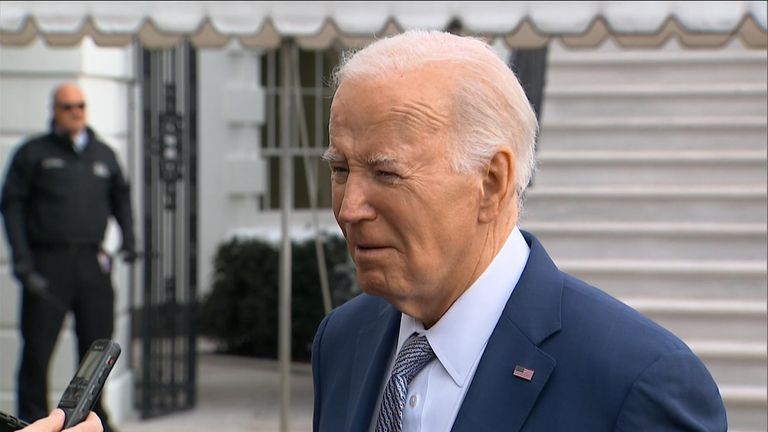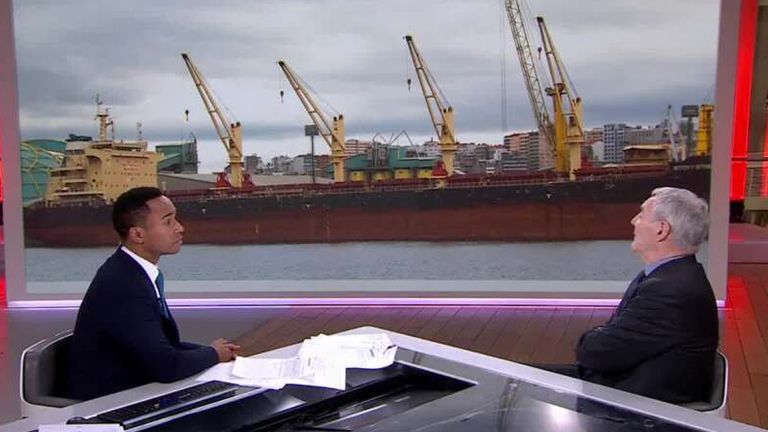War is a brutal and merciless enterprise.
However, the primary responsibility of any government is to protect its people and national interests, and therefore military capability is the cornerstone of national capability.
But military forces provide options, they are a means to an end – not an end in themselves – and when all other diplomatic and political options are exhausted, military forces work to create the security conditions within which political goals can be achieved.
The latest Middle East crisis: America destroys Houthi anti-ship missiles
However, without clear political direction, the carnage and destruction inflicted by military forces lacks purpose. The consequences of Israel's ongoing ground assault on Gaza are profound.
On that fateful day – October 7, 2023 – when Hamas forces killed more than 1,200 Israelis and took 240 hostage, the United States and the United Kingdom firmly supported Israel’s right to self-defense.
The resulting Israeli military response was immediate and intense, beginning with an air bombardment followed by a sustained ground attack.
With the Palestinian death toll now exceeding 24,000 and more than 60,000 wounded, according to the Gaza Ministry of Health – two-thirds of those believed to be children – the IDF claims its military response seeks to defeat Hamas and ensure Israel's long-term security.
However, although most of the international community believes that the only long-term solution to regional stability is the solution The two-state solutionIsraeli Prime Minister Benjamin Netanyahu He has now made it clear that “Israel must have security control over all territory west of the Jordan River.” In essence, a one-state solution with Israel controlling.
It remains unclear how such an arrangement could work in practice without subjugating the Palestinian people. This does not seem to constitute the foundations for lasting peace.
Israel expects its military action to continue for several months to come, but where is the political strategy that supports this?
Political uncertainty is not limited to Israel. The UK and US governments are also struggling to maintain a coherent response to the crisis in Gaza.
Hamas is no match for the IDF militarily, and although the “Gaza Metro”—the maze of Hamas tunnels under Gaza—would slow the IDF’s advance, the IDF will prevail over time.
That is why the United States vetoed a recent UN Security Council resolution calling for an immediate cessation of hostilities, ostensibly to buy Israel time to achieve its goals.
Read more:
The deep roots of the Israeli-Palestinian conflict
Could the clashes between Hezbollah and Israel lead to a wider war?
How did this war happen?
But in the same way the United States and the United Kingdom support Israel Iran Supports Hamas. Through support Houthi After attacks on commercial ships in the Red Sea, Iran increases pressure on the United States to stop the war in Gaza.
This is an uncomfortable reality for the US and UK governments.
In fact, the UK Prime Minister said that US/British strikes on Houthi military capabilities “have absolutely nothing to do” with the Israel-Gaza conflict, but rather are “a direct response to Houthi attacks on international shipping” and that “we should not fall.” “For their malicious narrative.”
And hours later Lord Cameron He met with Iranian Foreign Minister Hossein Amir-Abdollahian on Wednesday at the World Economic Forum where the Iranian position was made clear: Stop the war in Gaza and the Houthi attacks will stop.
Directing British military forces to attack Houthi targets is a dangerous escalation – the use of military force to achieve a political goal.
The UK's stated political “ultimate goal” is to ensure free passage of naval vessels in the Red Sea, but the only way to achieve this goal is to treat the cause, not the symptoms.
Although some form of military action against the Houthis may have been inevitable, it is unlikely to “solve the problem.”
Indeed, the ongoing Houthi attacks attest to the fact that military action is unlikely to stop the attacks.
The West seems unlikely to support an Israeli-led one-state solution to the war in Gaza, but by providing unambiguous political support for Israel and its intended political ambitions, the West has found itself embroiled in military action and conflict. Expanding regional conflict.
In the case of the Houthis, most military experts predict it is unwinnable.
Where is the major strategic political leadership? It will not be possible to reach a solution to the Palestinian-Israeli conflict between the main parties. The scars are so deep that a compromise is not possible.
However, unless international political leadership engages in laying the foundations for a lasting two-state solution, the West risks becoming an enabler for Israel to impose its own ambitions, which will almost certainly prove untenable in the long term.
On the other hand, the West is now part of a broader regional confrontation with no clear political goals beyond deterring the Houthis, which seems at best a naive ambition.
Where is the international diplomacy and political charisma that the UK was once famous for? The tool of last resort has now been unleashed, but to what end?


